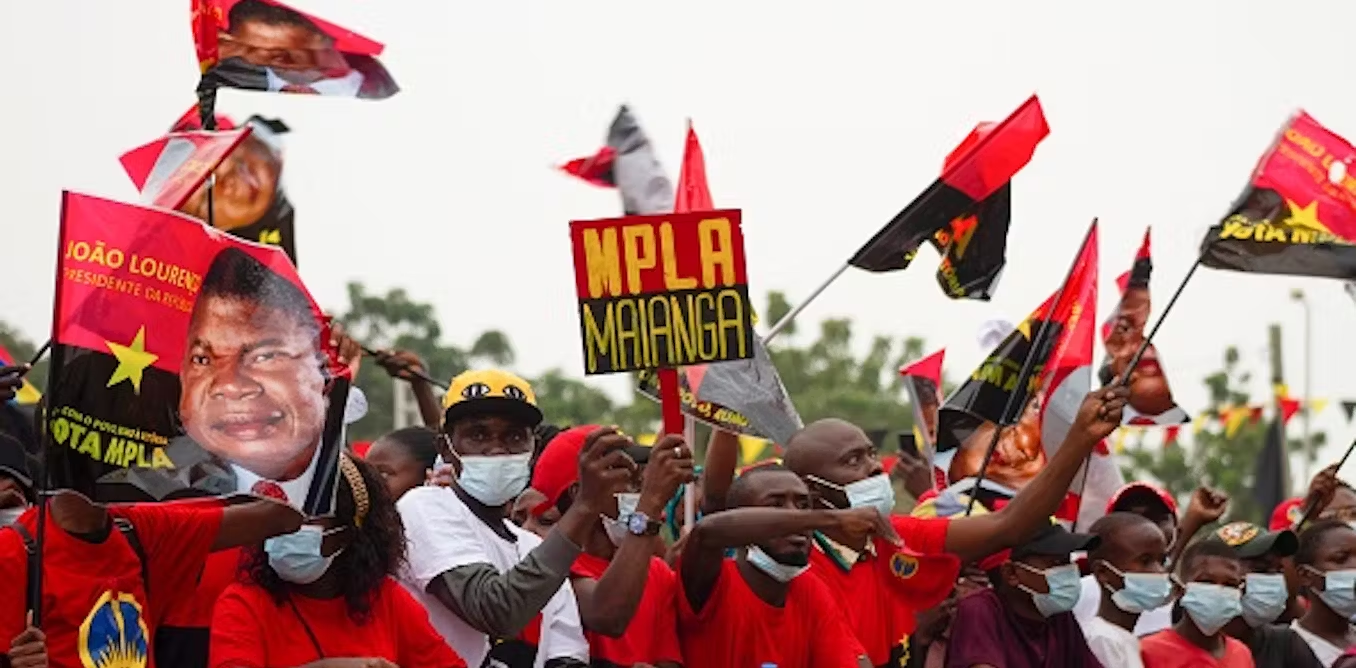calls for dialogue strained as mPLA and uNITA clash in parliament over electoral reforms and social

Tensions ran high during Thursday’s plenary session at Angola’s National Assembly as the ruling MPLA and main opposition UNITA exchanged sharp criticisms over key national issues, including social inequality, transparency in governance, and worsening economic hardships.
A leaked letter from the MPLA parliamentary group to UNITA, shared by several “Galo Negro” deputies on social media, revealed an earlier effort by the ruling party to seek bilateral dialogue outside the Assembly.
The letter proposed informal talks aimed at finding common ground on the Electoral Legislative Package and the Law on Unofficial Voter Registration.
Although initially receptive, MPLA deputies later expressed reservations about the proposed dialogue, citing what they called “extreme positions” taken by UNITA during debates on the bills.
According to the MPLA’s response, UNITA’s decision to air the issue publicly, including at press conferences, rendered the proposed meeting “useless,” though the party emphasized it still remained open to dialogue in alternative forums.
“The MPLA Parliamentary Group considers that the fact that the UNITA Parliamentary Group brought to the public, in a press conference and in other acts with the same purpose, the discussion of the matter in question in the terms in which it did so, makes the requested meeting useless,” the document read.
Commenting on the impasse, academic Rui Verde said, “The approval of these laws should be as consensual as possible. Ideally, the MPLA and UNITA would agree on at least 75% to 80% of new legislative introductions or amendments.
” He emphasized that compromise, especially within the Assembly’s specialized committees, was vital to legislative progress.
Political analyst Eurico Gonçalves echoed this sentiment, interpreting the MPLA’s letter as maintaining a tone of institutional courtesy despite rejecting UNITA’s public approach.
“There will be possible consensus in another seat,” he said, referring to the parliamentary setting.
The debate also took a controversial turn when UNITA’s vice-president, Faustino Mumbica, alleged that Angolan citizens living abroad—particularly in Portugal—were misusing state-sponsored medical funds with the government’s knowledge.
“This is a clear example of a deviation from the State’s priorities, to the detriment of the most vulnerable population,” he said. His claims have reportedly drawn the attention of the Ministry of Health, which has since announced the termination of the medical board in Portugal.
Adding to the chorus of concern, Benedito Daniel, president of the PRS, lamented widespread poverty and lack of opportunities for Angola’s youth. “Young people, even after completing higher education, are often forced to accept undignified jobs,” he stated.
In a firm rebuttal, MPLA parliamentary leader Joaquim dos Reis Júnior dismissed the opposition’s accusations and challenged UNITA to produce the letter it claimed to have sent seeking cooperation with the ruling party.
Thursday’s session concluded amid a fraught atmosphere, with both sides standing firm in their positions—exposing the deepening political divide at a time when Angolans continue to struggle with economic stagnation and institutional mistrust.
About The Author
dailymailafric
I am an avid African news observer, and an active member of Daily Mail Africa.
I’m Passionate about staying informed on diverse topics across the continent,
I actively contribute to publishing on political, economic and cultural developments in Africa.



